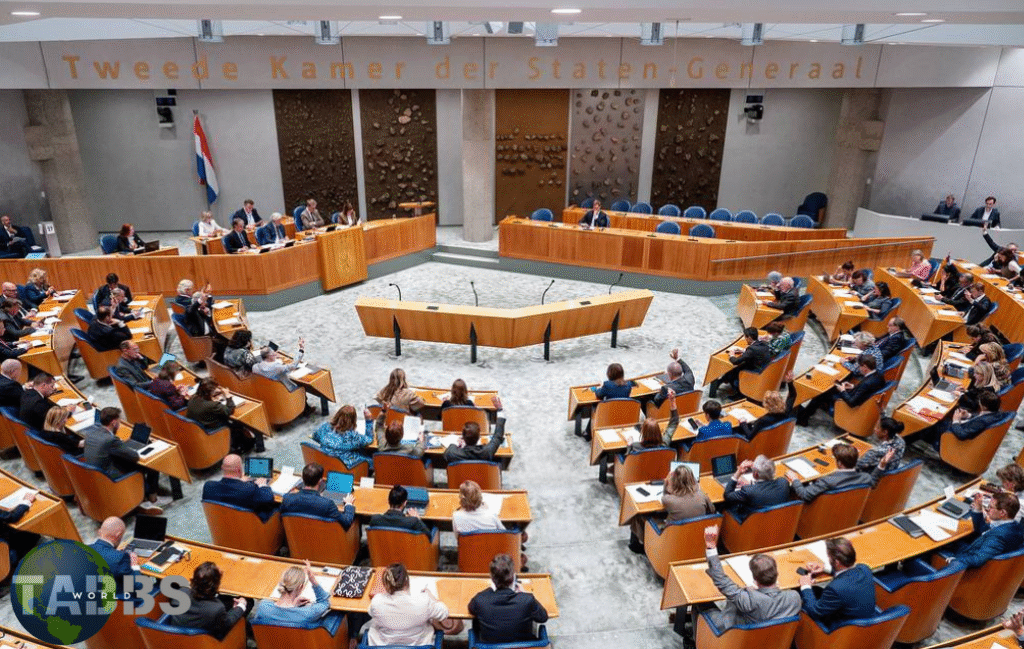The dramatic resignation of Bangladesh’s long-serving Prime Minister Sheikh Hasina and her departure for India ironically underscore the close ties between the two countries.
Ms Hasina ruled Bangladesh, a country of 170 million people, for nearly 15 years until student protests to end civil service quotas turned into a wider and more violent anti-government movement. At least 280 people have been killed so far in clashes between police and anti-government protesters.
Back in June, Ms. Hasina visited India twice in two weeks.
His first visit was to attend the swearing-in ceremony of Indian Prime Minister Narendra Modi. Afterward, he made a two-day official visit, the first by a head of government after Mr. Modi’s Bharatiya Janata Party-led coalition won a third consecutive victory in parliamentary elections.
Addressing a joint meeting, Mr. Modi said, “We have met 10 times in the last one year, but this meeting is special because Sheikh Hasina is the first official guest after the third term of our government.”
The bonhomie was unremarkable. “Bangladesh attaches great importance to its relationship with India,” Ms Hasina said. “Come to Bangladesh to witness what we have done and intend to do”.
India has special relations with Bangladesh. The neighbors share a 4,096 km (2,545 mi) border and linguistic, economic and cultural ties. Bangladesh, formerly East Pakistan, was born in 1971 after a war with West Pakistan (now Pakistan), in which India supported Bengali nationalists. Bilateral trade between the two countries is about $16 billion (£12bn), with India being Bangladesh’s largest export destination in Asia.
To be sure, the relationship is not perfect: differences arise over Bangladesh’s close ties with China, border security, migration issues and the unease of Bangladeshi officials with Mr. Modi’s Hindu nationalist politics.

After the resignation of Ms. Hasina, Bangladesh Army Chief Waqar-ul-Zaman has announced the plans of the interim government. He will meet President Muhammad Shahabuddin and reports say he is hoping for a solution by the end of the day after talks with opposition parties led by the Bangladesh Nationalist Party (BNP). The leadership of the interim government is unclear.
So far, India has only described the violent protests as an ‘internal matter’ of Bangladesh. Can it say more about developments to come – and do?
Nothing Nothing for now,” Indian foreign policy expert Happymon Jacob wrote on X (formerly Twitter) on what India should do.
“It’s still unfolding. And, it’s not about India; it’s about the politics of Bangladesh. Let them figure it out.”
Michael Kugelman of the Wilson Center, an American think tank, believes that Ms. Hasina’s resignation and flight are “close to the worst-case scenario for India, as she has long seen Hasina and any alternative to her party as a threat to Indian interests.” Seen as
Mr Kugelman told that Delhi will likely reach out to Bangladesh’s military to convey its concerns and hope its interests are taken into account in an interim government.
Beyond that, India will have to wait and watch nervously. It may support free and fair elections in the interest of stability, but it does not want the BNP – however weakened and divided – to return. Delhi would probably not oppose a long term of the caretaker government for this reason.
Ms. Hasina’s sudden downfall must have caught her allies by surprise.

The daughter of Bangladesh’s founding president and the world’s longest-serving female head of state, Ms Hasina led her country for nearly 15 years. He oversaw one of the world’s fastest growing economies and a major boost in living standards in South Asia.
But his rule was also marked by allegations of enforced disappearances, extrajudicial killings and repression of the opposition. He and his party Awami League denied the allegations, while his government accused opposition parties of fomenting the protests.
In January, Ms. Hasina won a fourth consecutive term in a disputed election. The opposition BNP boycotted the vote, and allegations of rigging were compounded by mass arrests of its leaders and supporters.
Some of the anti-India sentiment in Bangladesh is related to India’s support for Hasina’s government, which critics see as interference in domestic politics. Historical complaints and accusations of overreach also contribute to some of the negative perception.
read more
Ali Riaz, a Bangladeshi-American political scientist at Illinois State University, told that India’s silence “is not surprising because it has been Hasina Wajid’s main supporter for the past 14 years and has virtually destroyed democracy in Bangladesh.” played a role in the elimination.”
Sheikh Hasina’s unqualified support has acted as a deterrent against any pressure on her for human rights violations. India has benefited economically and sees Ms. Hasina as the only way to keep the country under India’s sphere of influence.
India views the current Bangladeshi opposition and its allies as “dangerous Islamic forces”. Ms Hasina has cracked down on anti-India militants on her soil and granted transit rights to five Indian states bordering Bangladesh to secure trade routes.
A peaceful, stable and prosperous Bangladesh is in India’s interest. India should take all possible measures to ensure that these conditions are maintained. Basically you want peace and quiet,” former Indian foreign secretary and high commissioner to Bangladesh Harshvardhan Shringla told, hours before Ms Hasina’s resignation.
The situation is uncertain at this time. “India doesn’t have many options at the moment,” a senior diplomat told . “We have to tighten the controls on our borders. Anything else will be interpreted as interference”.




You did an excellent job of producing an intricate, beautiful, and well-written piece of work. The presentation is aesthetically pleasing, and the written composition is sophisticated. However, it appears that you are concerned about the possibility of presenting something that is deemed to be suspicious. Yes, I anticipate that you will be able to address this problem immediately.